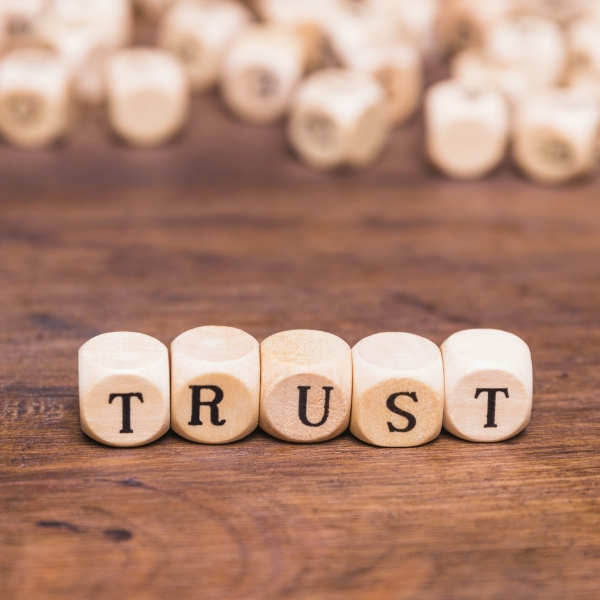
Share This Post
The seven components for determining when to place trust in others can equally assist us in building trust in ourselves. Here’s a question worthy of contemplation: What’s the connection between trust in ourselves and loving ourselves?
The third article in the series.
It’s hard to crack the workings of human relationships. Every environment we find ourselves in, whether work, family, or friends, can teach us something. By reacting to changing situations, we gradually learn who we can rely on more, and who’s less dependable. But no matter how many marbles we’ve collected in our jar of trust, as it were, we might suddenly find our trust betrayed, we’re disappointed, we may even be broken-hearted.
In situations like these, something more happens than just experiencing the pain of betrayal. Our self-confidence can be undermined. “How naive of me!” we might typically say after the first wave of surprise and shock settles. “How is it that I didn’t see that?” And the question underlying that is: if I made such an error of judgment regarding so-and-so, how can I possibly trust my own judgment from now on?
BRAVING is an index developed by Professor Brené Brown to explore our degree of trust in people. But it can help us no less in examining our self-trust: the degree to which we have trust in ourselves. Here are some examples of questions we can ask to put us on the right track: Am I safeguarding my own personal boundaries? Can I label myself a responsible person? Am I too judgmental towards myself? Too generous? According to Brown, we can always examine and identify components within ourselves that constitute Achilles’ heels and try to learn how to strengthen our handling of these aspects from this point on.
So: what links self-trust to loving ourselves? In her fascinating lecture, Brown points out the following: people who lack trust in themselves don’t love themselves. If our personal jar of marbles isn’t full, she says, using this image as her analogy, and if we don’t trust ourselves and don’t love ourselves, how can we expect others to love us and put their trust in us? We can’t demand from others what we don’t demand from ourselves. How can we trust people who say “I love you” if they don’t love themselves?